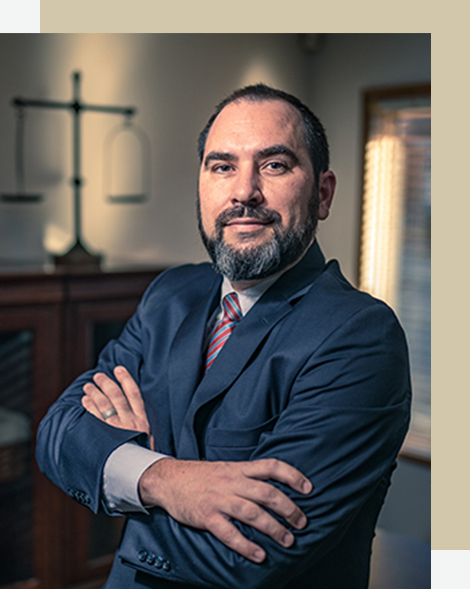Southern Illinois DUI Offenders Given Opportunity For Restricted Driving Permit Effective January 1, 2016
Effective January 1, 2016, Illinois House Bill 1446[1] amended the Illinois Vehicle Code pertaining to restricted driving permits and revocations of driver’s licenses. The new law expands the number of revoked and suspended DUI drivers who will now be eligible for driving privileges in Illinois. The law allows the following categories of drivers to obtain driving privileges at a time when the prior law did not allow such privileges:
- First Offenders: A first offender is an individual without a prior DUI disposition. A first-time DUI offender is now eligible to apply for a Monitoring Device Driving Permit during the first 30 days of a statutory summary suspension. Previously, you were not able to drive during the first 30 days of your suspension.
- Repeat Offenders: A repeat DUI offender is now eligible to apply for a Restricted Driving Permit during a statutory summary suspension where previously no driving relief was available.
- Repeat Convictions: A person with two or three DUI convictions must obtain a restricted driving permit, install a Breath Alcohol Ignition Interlock Device on all vehicles owned by the person and may only drive vehicles equipped with the device for a period of five years before full driving privileges may be restored.
- Four Convictions: A person whose driver’s license has been revoked for life as the result of four DUI convictions may apply for a Restricted Driving Permit after serving a five-year revocation and proving a minimum of three years of abstinence. The person may only drive vehicles that have been equipped with a Breath Alcohol Ignition Interlock Device for the remainder of their driving career unless the law changes.
Requirements for a Carbondale Restricted Driving Permit Because of Four DUI Convictions
The requirements to qualify for a restricted driving permit are as follows:
(1) a person may apply only after five years from the most recent license revocation, or after five years from being released from imprisonment, whichever is later.
(2) the person must prove a minimum of three years of uninterrupted abstinence from alcohol, cannabis, methamphetamine, and intoxicating compounds; and
(3) the person must successfully complete any rehabilitative treatment, and be involved in any ongoing rehabilitative activity, recommended by a properly licensed service provider.
The Secretary of State is allowed to consider any relevant evidence to determine whether or not an applicant should be granted a restricted driving permit. This includes any relevant testimony, affidavits, records, and results from periodic alcohol and drug testing.
Call a Marion DUI Restricted License Attorney
According to the Illinois Secretary of State
[2] in 2014, 90 percent of all drivers arrested for DUI, lost their driving privileges. If you or someone you know is one of those people who lost their driving privileges as a result of a DUI arrest or conviction, call the attorneys at the
Lawler Brown Law Firm today to discuss all of the recent changes to the Illinois Vehicle Code and how they might apply to your situation.
Call us today for a free consultation at 618-993-2222.
References:
[1]
http://www.ilga.gov/legislation/BillStatus.asp?DocTypeID=HB&DocNum=1446&GAID=13&SessionID=88&LegID=86166
[2] https://www.cyberdriveillinois.com/publications/pdf_publications/dsd_a118.pdf
Adam B. Lawler
Attorney at Law / Partner
Adam Lawler is the founder of Lawler Brown. Adam is a 2004 graduate of Saint Louis University School of Law. Adam worked for a local firm until founding the Lawler Brown in 2009. Adam’s practice areas focus in Personal Injury, Business, Real Estate, Probate/Trust/Estate Administration and general litigation.
Author's Bio
